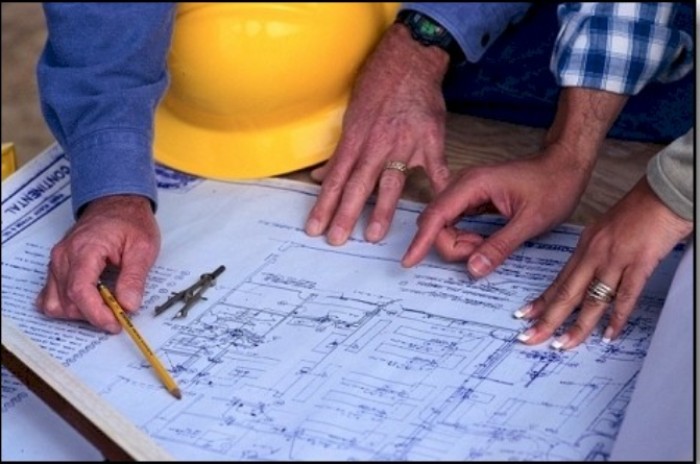A construction project for a business can be very exciting. Unfortunately, without proper and thorough planning, it can also be a nightmare. The key to avoiding that nightmare is to create a realistic construction timeline.
A proper construction timeline is one that allows adequate time for the delivery of supplies as well as time for unfortunate and unforeseen hassles like order mix-ups, construction snags or inclement weather. If you are getting ready an upcoming construction project for your business, follow the tips as you move through construction planning.
- Find a great contractor
Successful projects often start with a great commercial contractor. An experienced contractor who has expertise in completing commercial projects brings so much to the table when it comes to thorough construction management. Even though hiring an expert contractor can be an investment, the connections and resources they bring with them will profit you and your project in the long run.
They also have experience working with teams of skilled construction workers and are able to choose the most talented and reliable personnel to work with. Given that commercial contractors help make construction management plans on a standard basis, you, as a business owner, can count on their help as you nail down a schedule for your project.
- Talk to your team and contractors
Whether you’re working with a general contractor or a design build specialist, you’ll want to consult with your team before drawing up your construction timeline. Discover when they wait for materials to arrive, if any special orders are necessary, when they can perform their everyday jobs and how long they believe their portion of the construction project will take. You’ll need responses to these questions as you summarize your building schedule.
Remember to build extra time into your schedule for unforeseen problems or delays. By being matter-of-fact honest, you can save yourself from a potential headache. When you work with an experienced construction partner, they will be able to help with many of these questions and make sure the necessary information is laid out.
- Assess material needs
Pricing and ordering the necessary materials to complete your building project is essential to success. As you go through construction planning, ensure all the necessary budget items have been ordered. It’s far too easy for a mistake to be made during ordering, which can derail even the most thorough construction management plan — not to mention costing you more money. Have your supplier submit shop drawings for review prior to product shipment. This will help ensure you receive the correct materials in the right quantity.
- Balance need vs. want
Although construction timelines can seem tight, the longer these projects are drawn out, the higher the expenses grow. They can also negatively impact a business. For example, some construction projects must be done prior to a particular season or to meet a contingent demand. It’s significant to keep these considerations in mind all through construction planning. You may have to forgo some special features for the sake of time management. The best way to meet your time limit is to summarize your schedule backwards from the preferred completion date. This will help you recognize if the time limit is sensible or ideal.
- Track your project
Every business owner is different. Some run their lives with technology. Others are “old school” and won’t enter any meeting without their notepad. As soon as you and your building team create your construction management plan, you’ll need to choose a format for tracking it. One option is the bar chart, which can easily incorporate dates, materials needed and other essential components. There are also smart sheets, online templates and Smartphone apps that can help you in construction planning. Do what is most comfortable and efficient for you, and be open with your team about how you prefer to receive reports and updates.
Once you create your construction timeline, share it with your team. Present every trade contractor and team member the opportunity to view the schedule. Be flexible with any adjustments that need to be made. The best way to treat your schedule in order to keep your project on track is by maintaining a three-week look-ahead schedule that details the expectations for each trade on the project. That way each team and team member knows where they need to be and when they need to be there. This should be updated and presented to each trade contractor on a weekly basis.
With a realistic construction management plan in place, you and your team will have the framework you need for success.

